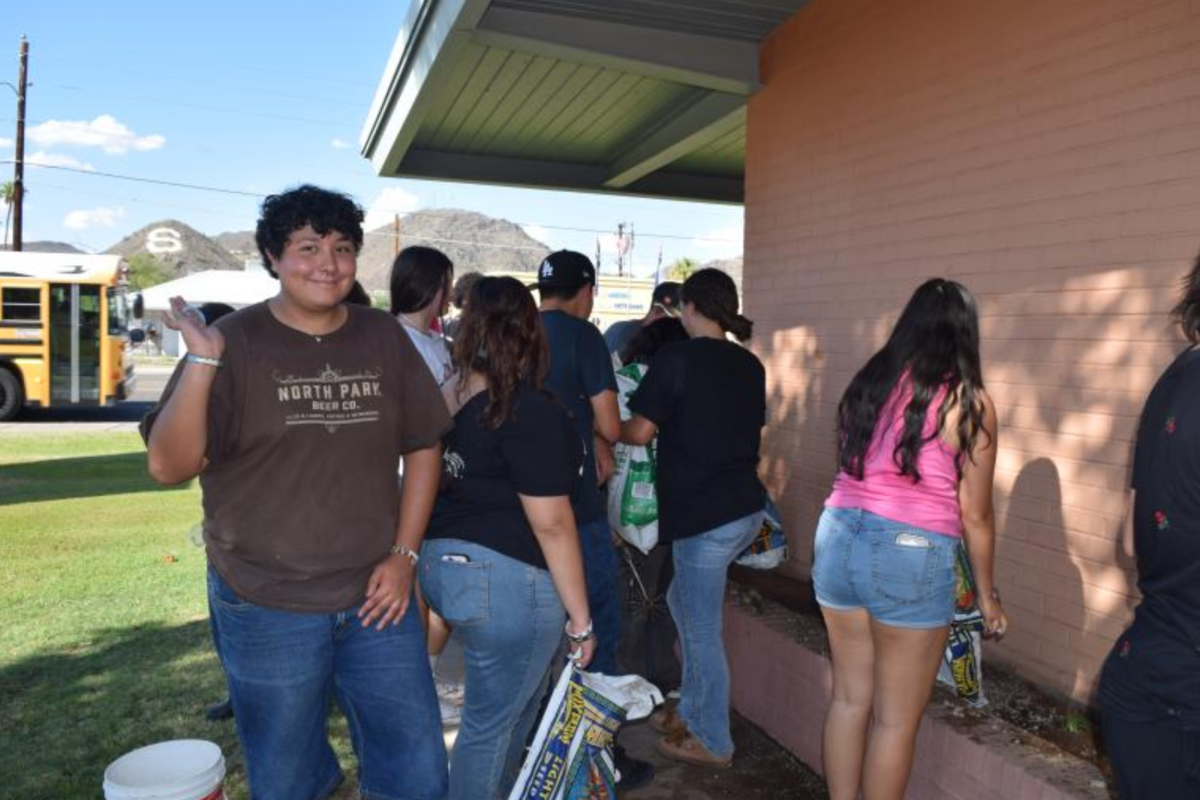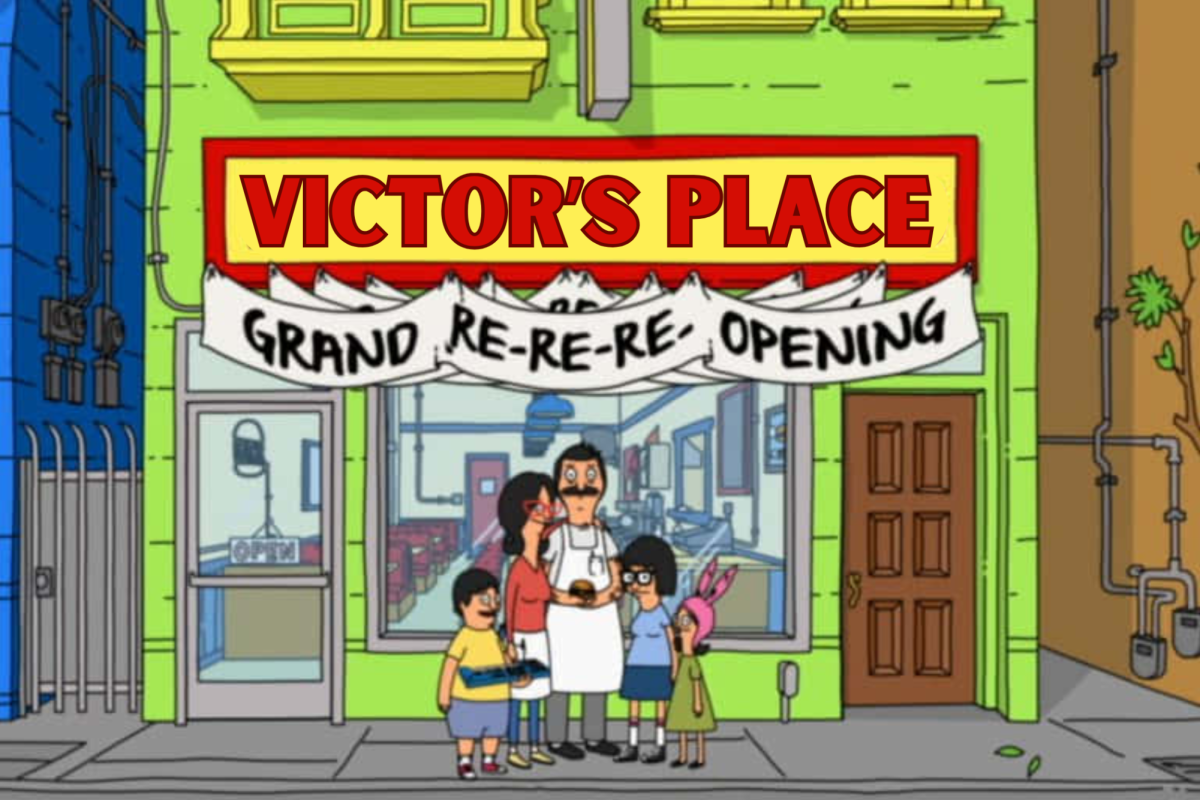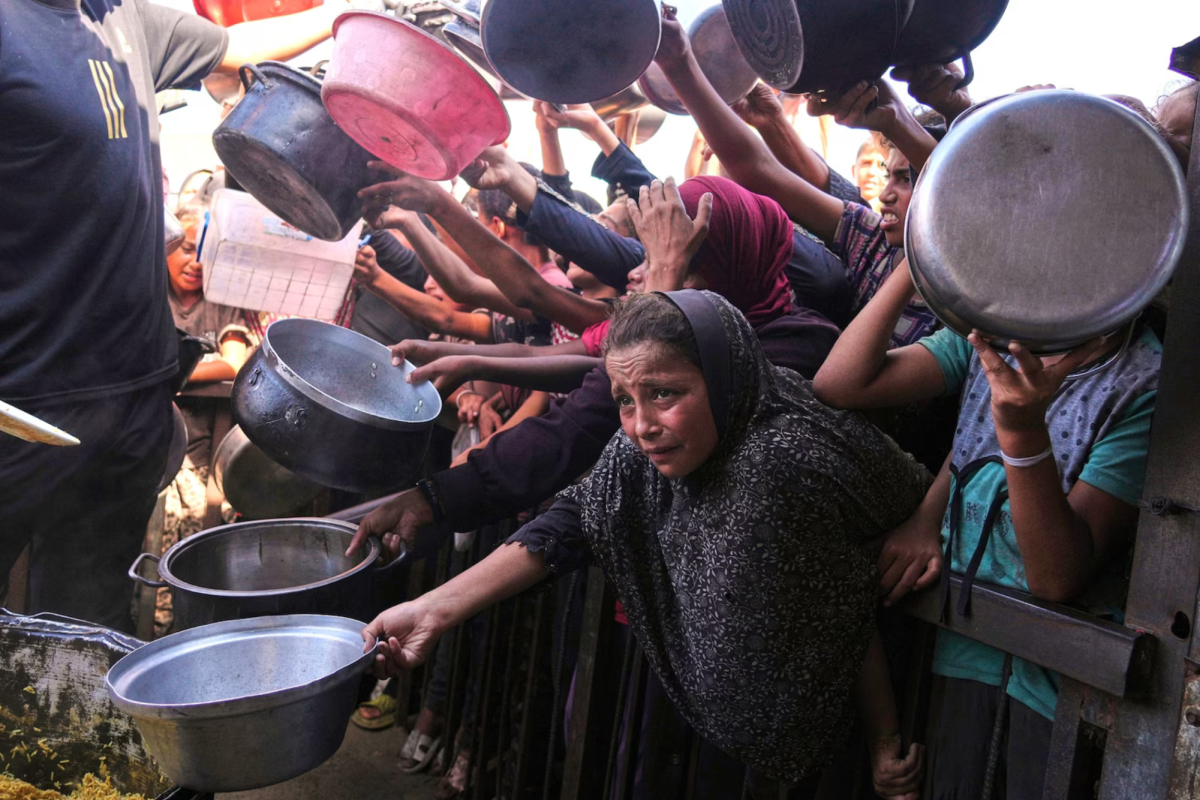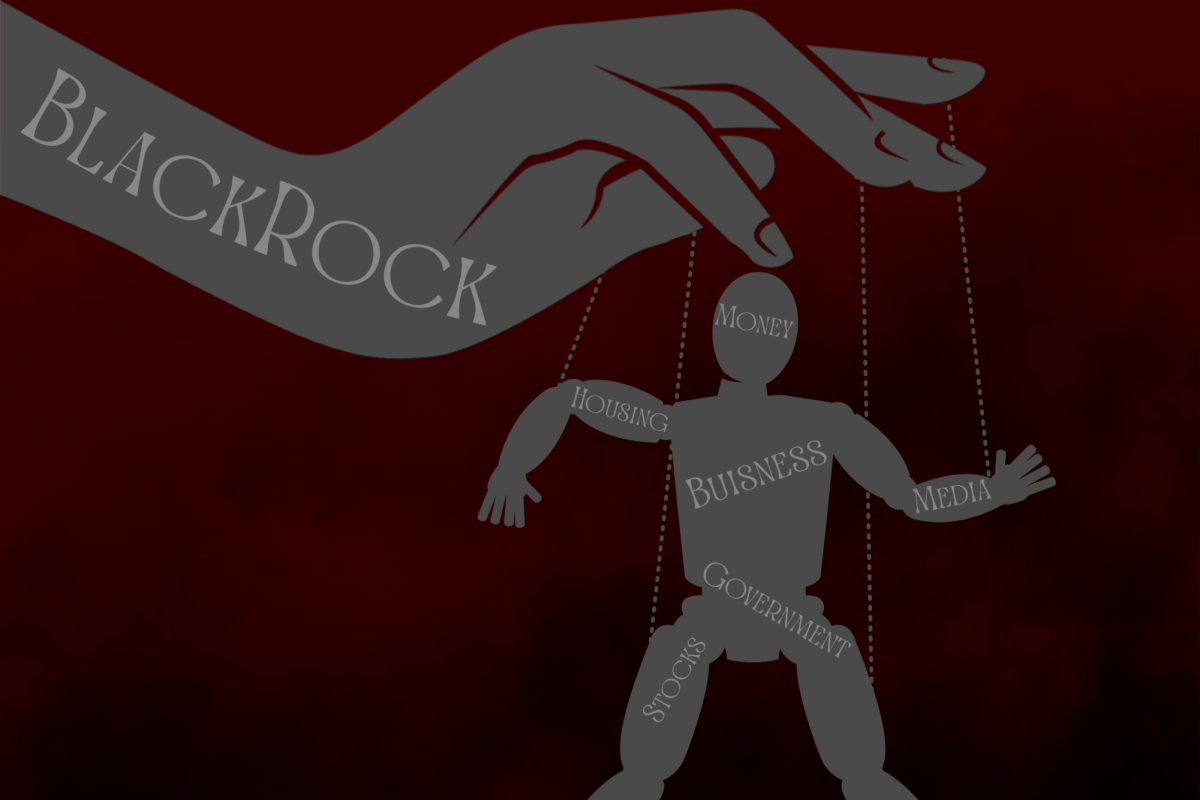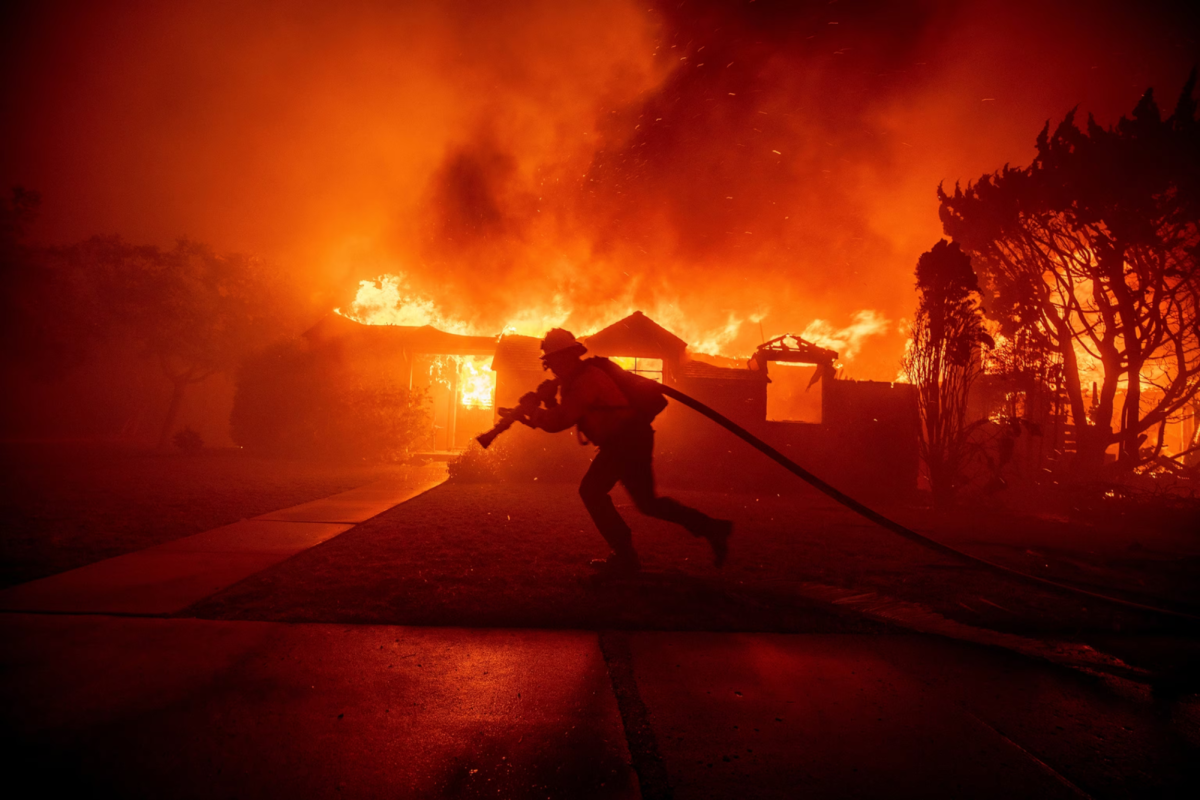Israeli troops proceeded with a ground offensive in Gaza on Wednesday, September 17, vowing to overwhelm a city already in ruins, according to AP News Live Updates.
Many people, including members of the U.N., have weighed in on the matter, rebuking Israel’s actions and making it clear they are not in support of the war.
“The Commission finds that Israel is responsible for the commission of genocide in Gaza,” said Navi Pillay, the commission chair and former U.N. human rights chief: “It is clear that there is an intent to destroy the Palestinians in Gaza through acts that meet the criteria set forth in the Genocide Convention.”
Numerous groups, like the U.N., have condemned Israel for their actions due to the high death toll of their offensive forces.
According to the Gaza Health Ministry, more than 65,000 Palestinians have been killed, including at least 19,424 children, and over 165,000 injured, while Israeli reports cite around 1,983 deaths—mostly from the October 7, 2023, attack—and more than 13,500 wounded.
Although these numbers have been confirmed, Israeli officials continue to claim that the war is only to protect Jewish lives.
“Our policy is very simple. The Jewish state was set up to defend Jewish lives, and we always reserve the right to defend ourselves,” said Israeli Prime Minister Benjamin Netanyahu.
Netanyahu claims that the best defense for Israel is to expel terrorists throughout the Middle East and to bring justice.
“The days in which terrorist chiefs enjoy immunity anywhere have ended,” Netanyahu said on September 9, hours after the strikes. The next day, he expanded on his reasoning, condemning Qatar for giving “safe haven” to Hamas.
Although some see this attack as a form of justice, some believe that the offensive is not justified and point to the fact that Israel is killing civilians not involved with terrorism.
“Some Israeli observers said the attack illustrated that Mr. Netanyahu prioritized the dismantling of Hamas over the release of the hostages, or the development of a plan for the future governance of Gaza,” according to The New York Times.
“We can’t, in the current global reality, manage a war. Nobody will let us cause 2 million civilians to die of hunger, even though it might be justified and moral, until our hostages are returned,” said Israel’s Finance Minister Bezalel Smotrich.
Journalists have come to criticize Smotrich’s statement, claiming that this reflects the state of Israeli planning and a lack of consideration for civilians in Gaza.
“Israeli military officials said Gaza City was a ‘Hamas stronghold’ and said as many as 450,000 civilians had left. The estimate was based on multiple sources, including drone surveillance,” according to The Guardian.
Amid the chaos, concerns also mounted over the safety of journalists and media outlets reporting from the ground.
“Israel was fully aware that Reuters and multiple other news organizations were operating from Nasser hospital, which has been one of the nerve centers for coverage out of Gaza,” a Reuters spokesperson said in a statement: “Reuters has frequently broadcast a feed from Nasser hospital during the war, and for the past several weeks had been delivering daily feeds from the hospital position that was hit.”
Beyond the risks journalists face, civilians endured worsening conditions in Gaza.
“We fled with nothing but a few pieces of clothing. People are pitching their tents in western Gaza City, and they are sleeping among human waste because there is no place for them to go,” said Gazan Resident Ismail Zaydah.



